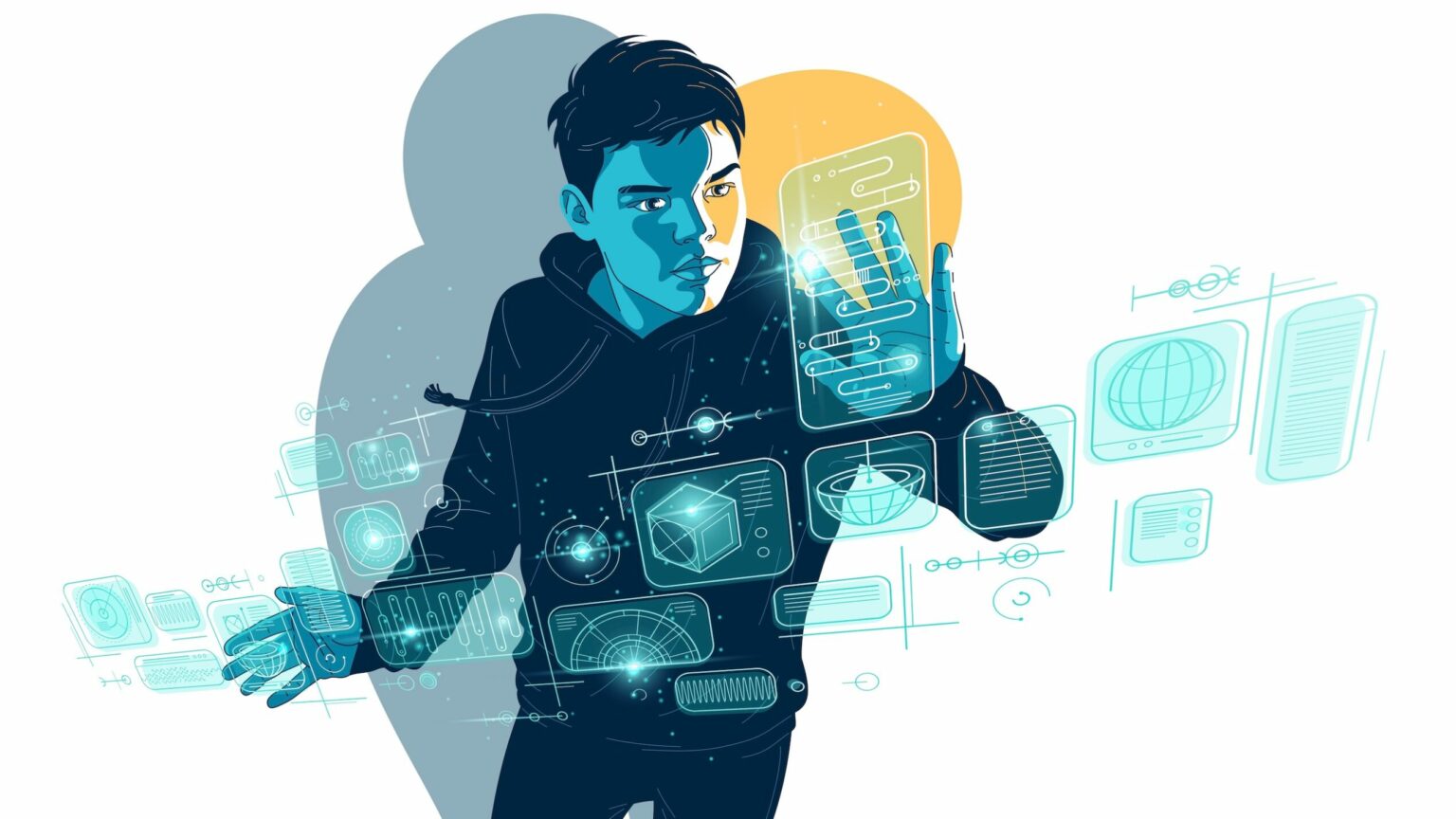Schoolchildren are allowed to quote from content created by ChatGPT in their essays but should label the response generated by the AI chatbot, reports The Guardian.
ChatGPT, arguably the best AI-powered chatbot now available, has continuously made headlines since its launch last November, generating both positive and negative feedback.
According to the International Baccalaureate (IB), which provides an alternative to A-levels or Highers, students are permitted to utilize ChatGPT in their work – but must indicate when they are quoting the chatbot’s responses.
Also read: AI-Written e-Books Boom on Amazon Following ChatGPT Launch
Leveraging ChatGPT in education
Despite numerous academic institutions imposing restrictions on use of the chatbot, Matt Glanville, the IB’s Head of Assessment Principles and Practice, argued it should be embraced as “an extraordinary opportunity.” However, the responses must be cited the same as any other source included in the writing, explained Glanville.
“The clear line between using ChatGPT and providing original work is exactly the same as using ideas taken from other people or the internet. As with any quote or material adapted from another source, it must be credited in the body of the text and appropriately referenced in the bibliography,” said Glanville.
Essay writing would feature less prominently in the qualification process in future because of the rise of chatbot technology, explained Glanville, referring to the hype of ChatGPT.
Over 170,000 students worldwide received their International Baccalaureate (IB) results from the May examination 2021, while in the November 2022 session, 18,174 students obtained their Diploma Program (DP) and Career-related Program (CP) results.
“The IB will not ban the use of AI software. The simplest reason is that it is an ineffective way to deal with innovation. However, the use of AI tools should be in line with the IB’s academic integrity policy,” said IB in a blog post.

The IB expected all their schools to discuss various types of academic misconduct with students.
The firm believes that AI technology “will become part of our everyday lives, like spell checkers, translation software, and calculators,” so the company emphasizes adoption and transformation to provide students with the opportunity to use AI tools ethically and effectively.
Civil servants to soon use ChatGPT
Soon, civil servants in Singapore will have access to ChatGPT, which will enable them to utilize its power to carry out research, draft reports, and deliver speeches, all while using their current work productivity tools.
A team from Open Government Products (OGP) participated in a hackathon and devoted a month to integrate ChatGPT into Microsoft Word, which is widely used by public officers as their preferred writing platform. ChatGPT is expected to help 90,000 civil servants starting with the Smart Nation and Digital Government Office.
“We want to free officers up for higher-level tasks, this bot can help them get over that tough first draft, or speed up their work by creating sample e-mails or even speeches,” said Moses Soh, Senior Project Manager at OGP.
The software aimed to ease the load on civil servants when they write and conduct research. It also can recognise and instantly redact sensitive information to ensure it is not exposed, stated Soh.
An early version of the Pair program built into Microsoft Word is expected to be rolled out across some of the civil service within two months.
ChatGPT looks effective in research
OpenAI’s ubiquitous ChatGPT can write a well-organized report with proper analysis, claimed a research team at one of China’s largest brokerages.
The analysts, Zhao Li and Xiaoqing Yang from China International Capital Corp Ltd (CICC), tested it by asking it to write a report on the 2023 global market outlook and found the chatbot displayed “a certain degree of financial knowledge and market analytical capability.”
“It is more bullish on equities and gold, while more cautious on bonds and commodities,” said the analysts. However, they cautioned that it does not yet have “independent market analysis capabilities,” referring to the fact that it should not be directly used to guide investment decisions.
The firm remarked that the report written by ChatGPT was “relatively well structured” and covered a broad range of topics, from the pandemic to rising rates and monetary policies.









 and then
and then